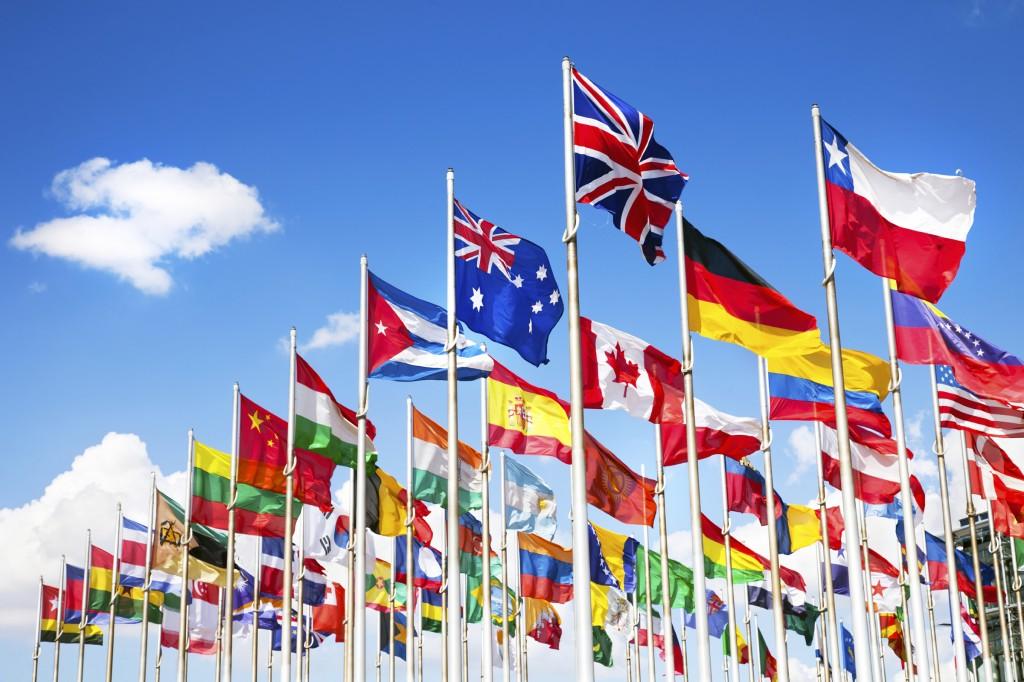Should I speak up? That has been the question picking away at my conscience for over two weeks. Why should I risk my future on campus? Would voicing my concerns, would asking my questions, put me at risk to be perceived as a provoker or a sympathizer with terrorists?
As an Iraqi-born American Muslim attending a private Catholic university, these questions are my everyday reality. I couldn’t conceptualize the amount of courage it would take to willingly speak up. Speaking up is something that could cause my parents a great deal of fear. I’ve been raised to remain secluded and very wise with my words and expressions.
The slightest hint of passion, anger or even joy would cause me to stand out. It was always “safer” if I kept within tight boundaries. I am taking a risk to call the Gannon University community, my community, to deeper reflection and to action – which is even more important after the recent high-profile acts of terrorism around the world.
A few weeks ago, The Gannon Knight published an article about the resignation of Instructor, and former CIA operative, David Martine. The student interviewed considered Martine a “great professor” and someone “really respected.” She voiced that “everyone” she spoke to “misses him.” This perspective, while true for her, felt one-sided and threatened to steal the sense of community that I experience at Gannon.
Neither Iraqi nor Middle-Eastern students were interviewed to share their opinions about Martine’s past – although his departure may not have been directly related to it or the interview he gave to Newsweek. Simply reading “everyone” at first glance made my jaw sink. Is this peer not aware of the pain that torture causes? Is everyone a supporter of torture and does everyone agree that it’s a justifiable method?
I cannot fathom what circumstances would have to be to justify torture, but this situation is something that hit home. Something that involves the people of the very city I was born in (Baghdad) and the city I now live in (Erie).
Torture, even in the complex context of war, is a crime against humanity. This context specifically affects people and the culture that I identify with while I live astonished by the near-silence of the community around me – a Catholic community – whose teachings condemn the very things I also am condemning.
The United States Council of Catholic Bishops website provides a variety of resources to educate people of faith on this issue, including this statement issued by an interfaith group of national religious leaders published in October 2006:
Torture violates the basic dignity of the human person that all religions, in their highest ideals, hold dear. It degrades everyone involved-policy-makers, perpetrators and victims. It contradicts our nation’s most cherished values. Any policies that permit torture and inhumane treatment are shocking and morally intolerable.
Nothing less is at stake in the torture abuse crisis than the soul of our nation. What does it signify if torture is condemned in word but allowed in deed? Let America abolish torture now-without exceptions
I shouldn’t feel like the sole voice to speak up against the injustice of torture. That, and other aspects and impacts of war, are something that Gannon as a community must unite against.
As a student leader with Gannon’s Center for Social Concerns, I know that our call to action is a call to relationship. I ask that that we involve all perspectives in these communal matters and work together for justice and peace.
Here are some suggestions of how that can happen on campus:
- MLK Day Events – Jan. 18, 2016, is the Monday after we return from Winter Break. Most students use it as a day off. We call you to engage in a day on – consider participation in the annual prayer service, solidarity march and/or lunch conversation which will call our community to interfaith cooperation and action. If you’d like to get more involved in engaging people in this day, contact Sara Nesbitt at [email protected].
- Diversity Dialogues – If you’d like to get involved in facilitating conversations that build community and challenge perspectives, consider attending Diversity Dialogues training from 7:30-9:30 p.m. Tuesday, Feb. 2. Contact student leader, Kevin Holland, at [email protected].
- Eboo Patel – Nationally renowned interfaith leader Eboo Patel will be visiting campus on Tuesday, Feb. 23. Faculty, please consider engaging your classes in this event. Students, please consider prioritizing attendance.
- Alternative Break Service Trips – Although this year’s trips are full, consider applying for an ABST next year. We especially would like to encourage international students and students from all different faith experiences to know that your perspectives on service and justice are needed on these programs. Apply in the fall 2016.
Malik Hassan (with Laura Goble, Director, Center for Social Concerns)




